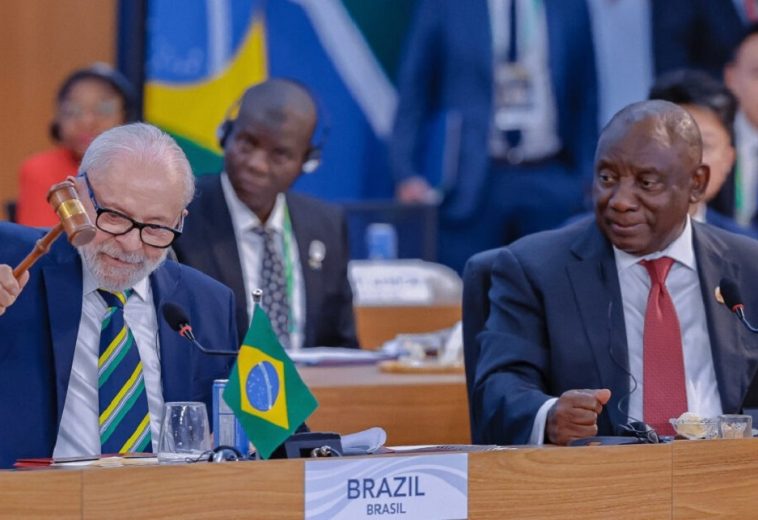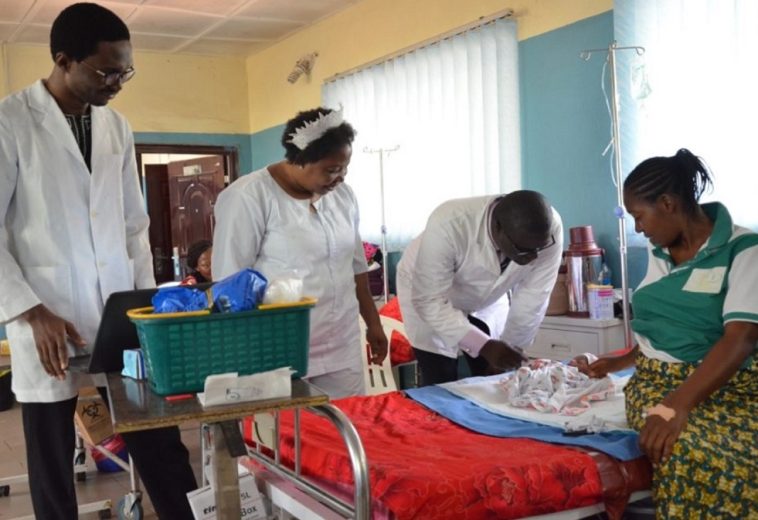Across Africa, innovators are developing solutions that are transforming the lives of people with disabilities. From assistive technologies to inclusive education initiatives, these pioneers are challenging stereotypes and paving the way for a more inclusive society.
Globally, approximately 1.3 billion people—around 16% of the population—experience significant disabilities. This translates to roughly one in six people worldwide, with higher prevalence rates in developing countries. According to the World Health Organization (WHO), more than 90 million people in Africa live with disabilities, the majority of whom reside in low- and middle-income nations. Despite systemic challenges, African innovators are rising to the occasion, designing groundbreaking solutions that empower people with disabilities to overcome barriers and realise their full potential.
Driving African Innovation
African innovation is rooted in a deep understanding of local needs, coupled with a spirit of ingenuity and resourcefulness. Entrepreneurs across the continent are creating initiatives that address social and educational challenges, while promoting accessibility and inclusion.
READ ALSO: http://Children’s Day: Building Future Leaders
Inclusive Education
One notable example is AbleBooks by Aanuoluwa Omoleye of Nigeria. This initiative provides illustrated storybooks featuring children with disabilities as central characters, fostering representation and inclusivity in education. Targeting nursery, primary, and secondary schools, particularly in Nigeria, AbleBooks aims to create a sense of belonging for children with disabilities by promoting understanding and empathy among their peers.
Transformative Assistive Technologies
In Kenya, Roy Allela developed the Sign-IO Gloves, a groundbreaking innovation that uses sensors to translate sign language into spoken words. This technology has revolutionised communication for deaf individuals, bridging the gap between the hearing and non-hearing communities.
Meanwhile, Zambia’s APTERS organisation produces affordable mobility aids from recycled materials, such as papier-mâché chairs, standing frames, walking aids, and therapy tools. By using low-cost materials like cardboard and recycled paper, APTERS ensures that assistive devices are accessible to those in need, even in resource-constrained settings.
Fostering Inclusion
These innovations are not solely technological—they represent a broader effort to create inclusive societies. By improving accessibility, fostering skills development, and challenging negative perceptions, they empower individuals with disabilities to achieve their potential.
For instance, children in Uganda are now learning braille with Braille Bricks, an educational tool that combines play and learning, making braille literacy accessible and engaging. Similarly, AbleBooks and the Sign-IO Gloves have not only improved communication but also challenged societal attitudes towards disability.
A Call to Action
The impact of these solutions is undeniable, yet the journey toward full inclusion requires sustained effort. Africa’s innovators have shown remarkable ingenuity and resilience, but their success depends on robust support systems.
Funding, mentorship, and infrastructure development are critical to scaling these innovations and ensuring they reach the communities that need them most. Governments, private sector stakeholders, and international organisations must collaborate to create an ecosystem that fosters innovation and inclusion.
Building an Inclusive Future
These stories highlight the transformative power of innovation in addressing social challenges. By investing in inclusive solutions, Africa can move closer to a future where disability is no longer seen as a barrier, but as an opportunity for creativity and progress. As we celebrate these achievements, we must also commit to supporting the innovators driving this change, ensuring that their ideas continue to empower people with disabilities across the continent.
With the right support, Africa’s vision of an inclusive society can become a reality, where every individual—regardless of ability—has the opportunity to thrive.


